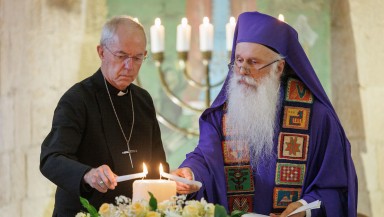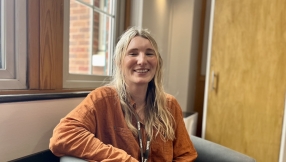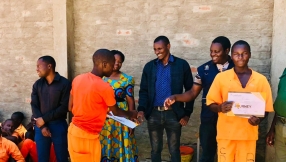
The Archbishop of Canterbury has brought a message of solidarity to the thousands of people who have fled Nagorno-Karabakh.
Archbishop Justin Welby is meeting with refugees while in Armenia this week as part of a five-day visit to the South Caucasus.
Nearly all of the estimated 120,000 ethnic Armenians in Nagorno-Karabakh - most of whom are Christians - have fled to Armenia after the enclave was occupied by Azerbaijan last month.
The Archbishop has spent the week on a "pilgrimage of listening" to find out how the Church of England and wider Anglican Communion can support peacebuilding in the region.
The Archbishop's visit started in Azerbaijan on Monday - the first ever visit to the country by an Archbishop of Canterbury.
He met the President of Azerbaijan, Ilham Aliyev, and spoke of his desire to see an end to the violence and for the rights and security of Armenian Karabakhs, as well as their cultural and religious heritage, to be respected.
The Archbishop's visit to the region then moved on to Georgia and Armenia. In addition to meeting with refugees in Armenia, he is visiting church-run projects providing practical support to people who have fled.
In a meeting with His Holiness Karekin II, Catholicos of All Armenians, the Archbishop said they were "not forgotten" and that they were in his prayers.
"Armenia was the first Christian kingdom. You were the first region to have the cross as your symbol. This is a symbol of weight, pain and struggle," he said.
"Armenia has often carried the cross of pain and struggle. The last weeks have seen so many Armenians suffer deeply. I have been praying for you daily. I come here to say you are not forgotten."
His visit to the region concludes on Friday.













